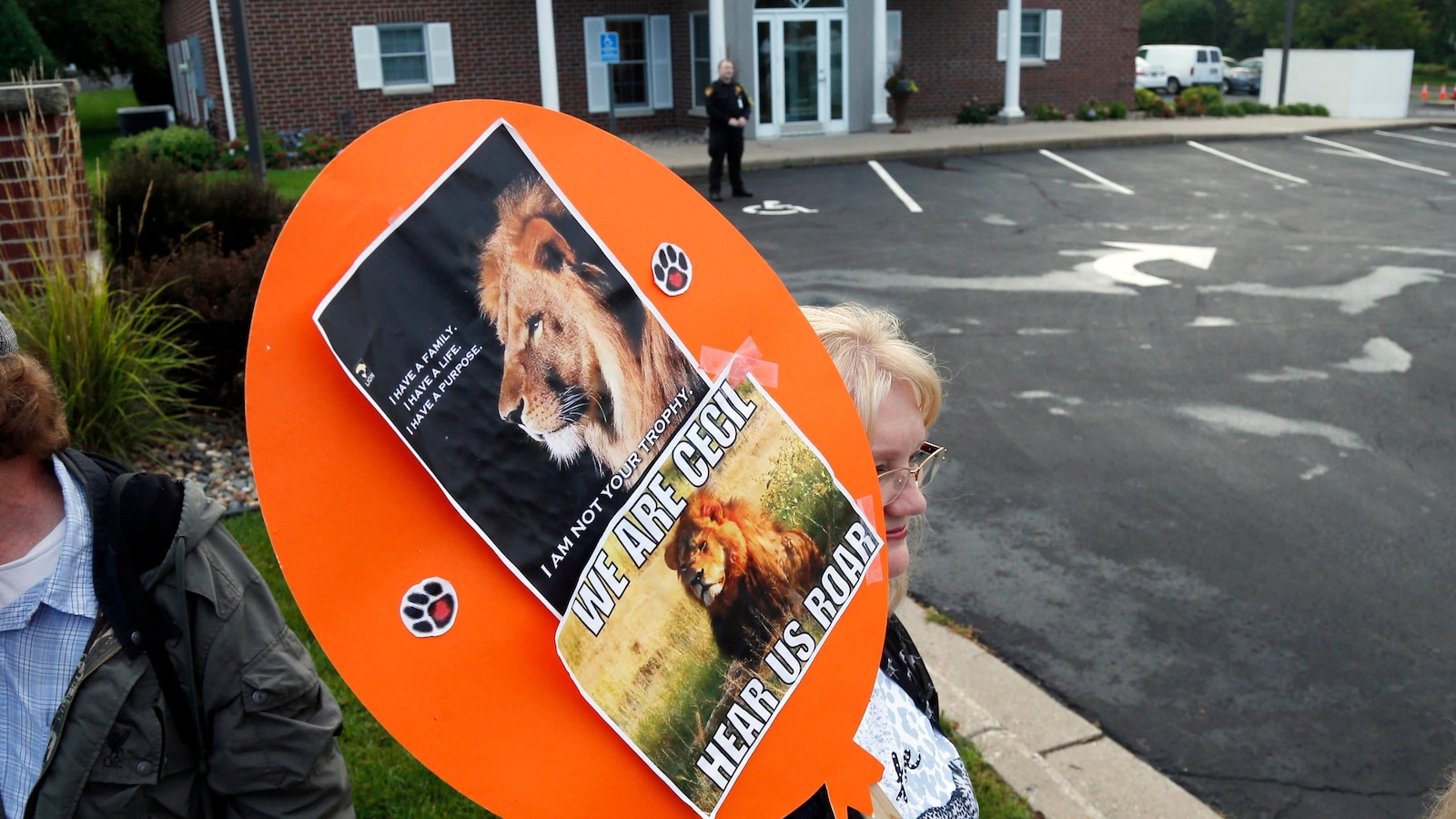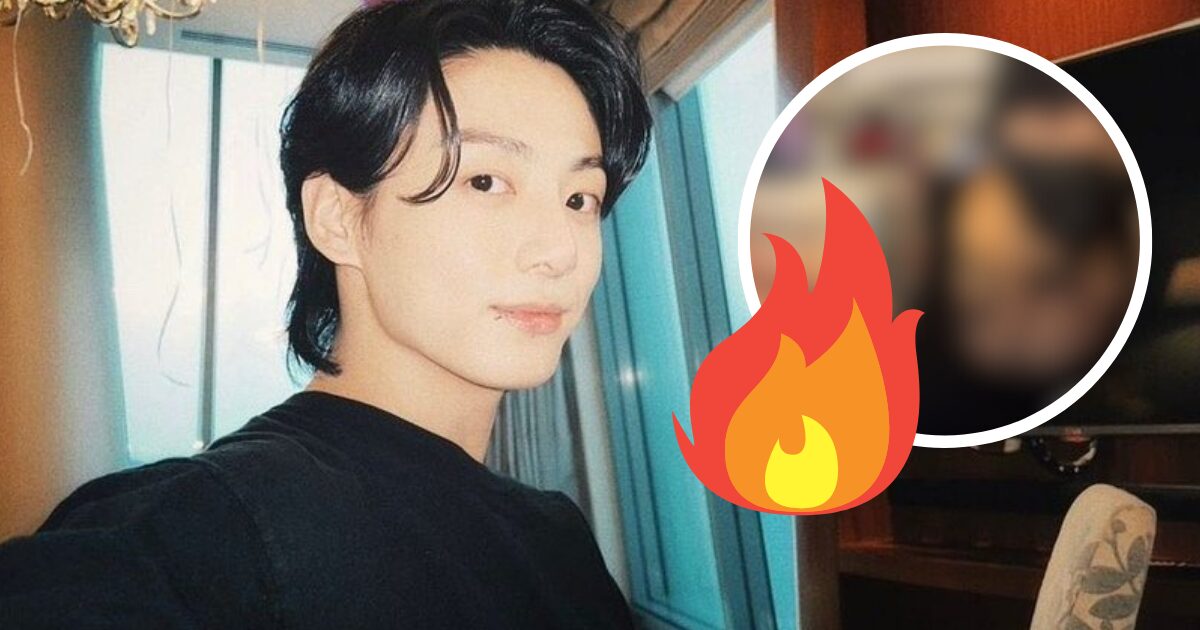Billionaire Sunjay Kapur Dies Following Rare Incident During Polo Match

In a tragic and unexpected turn of events, Indian billionaire Sunjay Kapur, aged 53, passed away in London after suffering a fatal heart attack during a polo match on June 12th. The incident occurred shortly after he reportedly swallowed a bee, which triggered a series of health complications that led to his demise. Kapur was known not only for his success as the chairman and owner of Sona Comstar, a leading auto parts company but also for his high-profile marriage to Bollywood actress Karisma Kapoor.
The circumstances surrounding Kapur's death have left many in shock. Just hours before the polo match, he shared a reflective post on social media, contemplating the unpredictability of life. His post included a reference to a recent tragic aviation accident involving an Air India flight near Ahmedabad, highlighting the fragility of existence.
Experts in cardiology have noted that while bee stings are relatively common, a sting in the mouth can lead to severe allergic reactions that are potentially life-threatening. Dr. Ashish Agarwal, Director of Cardiology at Aakash Healthcare, explained that in rare cases, a bee sting can induce a heart attack due to an allergic reaction. This reaction triggers a chemical storm in the body, leading to vasospasm, or narrowing of the coronary arteries, which can result in a heart attack.
Medical professionals categorize this rare effect under a condition known as Kounis Syndrome, where anaphylaxis, or a severe allergic response, coincides with acute coronary syndrome. Dr. Prashant Pawar, a cardiologist at Fortis Hiranandani Hospital in Mumbai, elaborated on how bee venom can provoke a dangerous immune response, particularly when the venom enters through mucous membranes in the mouth, which are highly vascularized.
This immune response involves the release of inflammatory mediators, such as histamines and leukotrienes, leading to a cascade of cardiovascular complications. Symptoms of this reaction can include chest tightness, a sudden drop in blood pressure, and severe breathing difficulties, which might culminate in cardiac arrest.
In light of such incidents, healthcare experts emphasize the importance of quick emergency responses in cases of anaphylaxis. Dr. Sanjith Saseedharan, head of critical care at SL Raheja Hospital in Mumbai, pointed out that timely administration of epinephrine is critical. He advised that individuals with known allergies should keep an epinephrine auto-injector handy and exercise caution, particularly in outdoor settings.
The passing of Sunjay Kapur serves as a stark reminder of the unpredictable nature of health emergencies and the importance of being prepared for allergic reactions. In incidents of anaphylaxis, immediate medical attention is crucial, as symptoms can escalate rapidly, requiring oxygen support or even artificial ventilation.
























